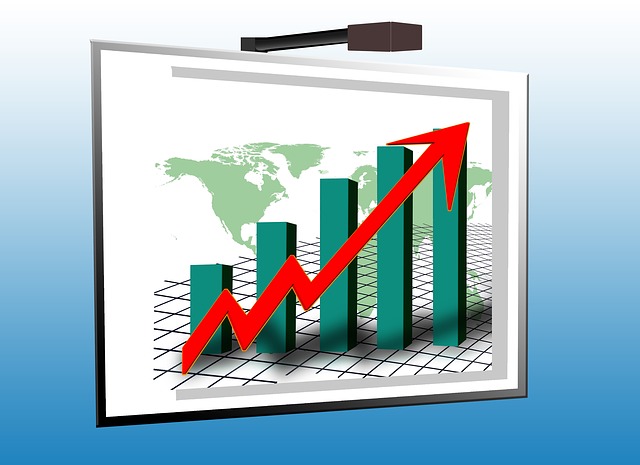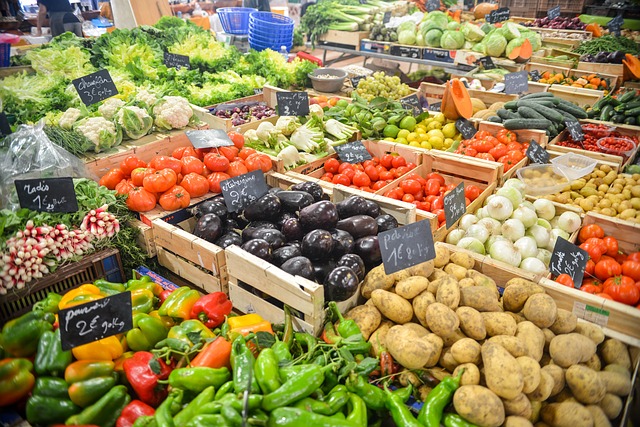Information is appearing in the media to support that price levels are rising year-on-year, as they did in July, up 2.9% year-on-year, and again in August of this year. This puts the price level well above what the Czech National Bank considers optimal. In addition to the aforementioned increases in rents and housing-related services, food and non-alcoholic beverages also became more expensive. However, some goods have turned around and become cheaper. These include clothing and fuel. This information comes from the Czech Statistical Office. However, 2.9% is a relatively big surprise since analysts had expected inflation to slow to 2.8% due to the long-term development of the Czech economy.
Price Increases
Prices rose 2.8% in May. This was underwritten by potatoes, beer, and meat. Housing (rent, water and sewerage) and electricity were affected by price increases. Insurance, financial services, and lodging and food services also saw price increases. [Over the past year, the price of potatoes increased by 38%, electricity by almost 10%, heating by almost 5%, and spirits and other products by more than 6%. Of course, during the month of August, Czechs also paid extra for holidays. This was an increase of almost 8% over last year.
Forecast for next year
According to ING Bank, inflation will remain around 3% until the end of the year, with only a slight slowdown expected next year thanks to tax reform. Excise taxes on cigarettes, gambling, lotteries, and spirits will be increased. The Bank also expects inflation to be around 2.5% in 2020.
Since the optimal level set by the CNB is 3%, apparently the central bank will not react for the time being and interest rates are expected to remain the same as this year; according to the CNB, the first change will be considered in late 2020, and this change should lower rates
.